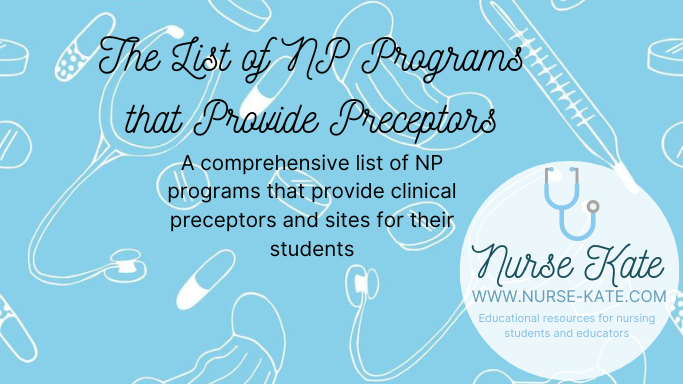
Navigating the world of debt repayment can be especially challenging for nurses, given the unique demands of the profession. Between high student loan debt and irregular work hours, finding a path to financial freedom by paying off debt might seem daunting. However, with the right strategies, you can achieve a debt-free status while securing your financial future.
1. Understand Your Debt Situation
Before you can tackle debt, you need to understand it fully. Create a comprehensive list of all your debts, including student loans, credit card balances, and any personal loans. Note the interest rates and minimum payments. This will help you prioritize which debts to tackle first.
2. Set Clear Financial Goals to Paying Off Debt
Define what financial success looks like for you. Is it being debt-free, buying a home, or saving for retirement? Setting clear goals will give you a roadmap to follow. Write them down and keep them where you can see them regularly as a reminder of what you’re working towards.
3. Create a Realistic Budget to Pay Off Debt
Developing a budget that aligns with your irregular nursing schedule is key. Track your income and expenses to identify areas where you can cut back. Apps like You Need a Budget (YNAB) or Rocket Money can help manage this process effectively.
4. Prioritize High-Interest Debt When Paying Off Debt
Focus on paying off high-interest debt first, such as credit cards. This will save you money in interest payments over time. The snowball method—paying down the smallest debts first—can also be effective for staying motivated.
5. Explore Loan Forgiveness Programs
Many nurses qualify for student loan forgiveness programs, such as the Public Service Loan Forgiveness (PSLF) program. Check if you’re eligible and consider enrolling to potentially eliminate a significant portion of your debt.
6. Make Extra Payments When Possible to Pay Off Debt Faster
Whenever you receive extra income, such as bonuses, tax refunds, or overtime pay, consider using it to make additional payments on your debt. This accelerates the repayment process and reduces the amount of interest paid over time.
7. Consider Part-Time Work or Side Gigs
While your schedule might be tight, even a few extra shifts per month can contribute significantly to debt repayment. Look for opportunities that fit your schedule, such as telehealth or teaching CPR classes online.
8. Build an Emergency Fund While Paying Off Debt
Building an emergency fund is crucial to avoid going into more debt when unexpected expenses arise. Aim to save at least three to six months’ worth of living expenses. This fund will serve as a financial cushion and provide peace of mind.
9. Invest in Professional Development While Paying Off Debt
Enhancing your skills and qualifications can lead to career advancement and higher income potential. Consider obtaining certifications or pursuing advanced nursing degrees that can lead to higher-paying roles.
10. Seek Financial Advice Tailored to Healthcare Professionals
Find a financial advisor who understands the unique challenges nurses face. They can provide tailored advice to help you manage your debt while planning for long-term financial goals like retirement and homeownership.
Conclusion
Paying off debt as a nurse requires strategic planning, dedication, and sometimes sacrifice. By setting clear goals, prioritizing your debts, and exploring additional income opportunities, you can achieve financial independence. Remember, your career as a nurse not only allows you to care for others but also provides opportunities to care for your own financial well-being. Start today by taking small steps toward a debt-free future, and consider reaching out for professional financial advice to guide you along the way.

Leave a Reply